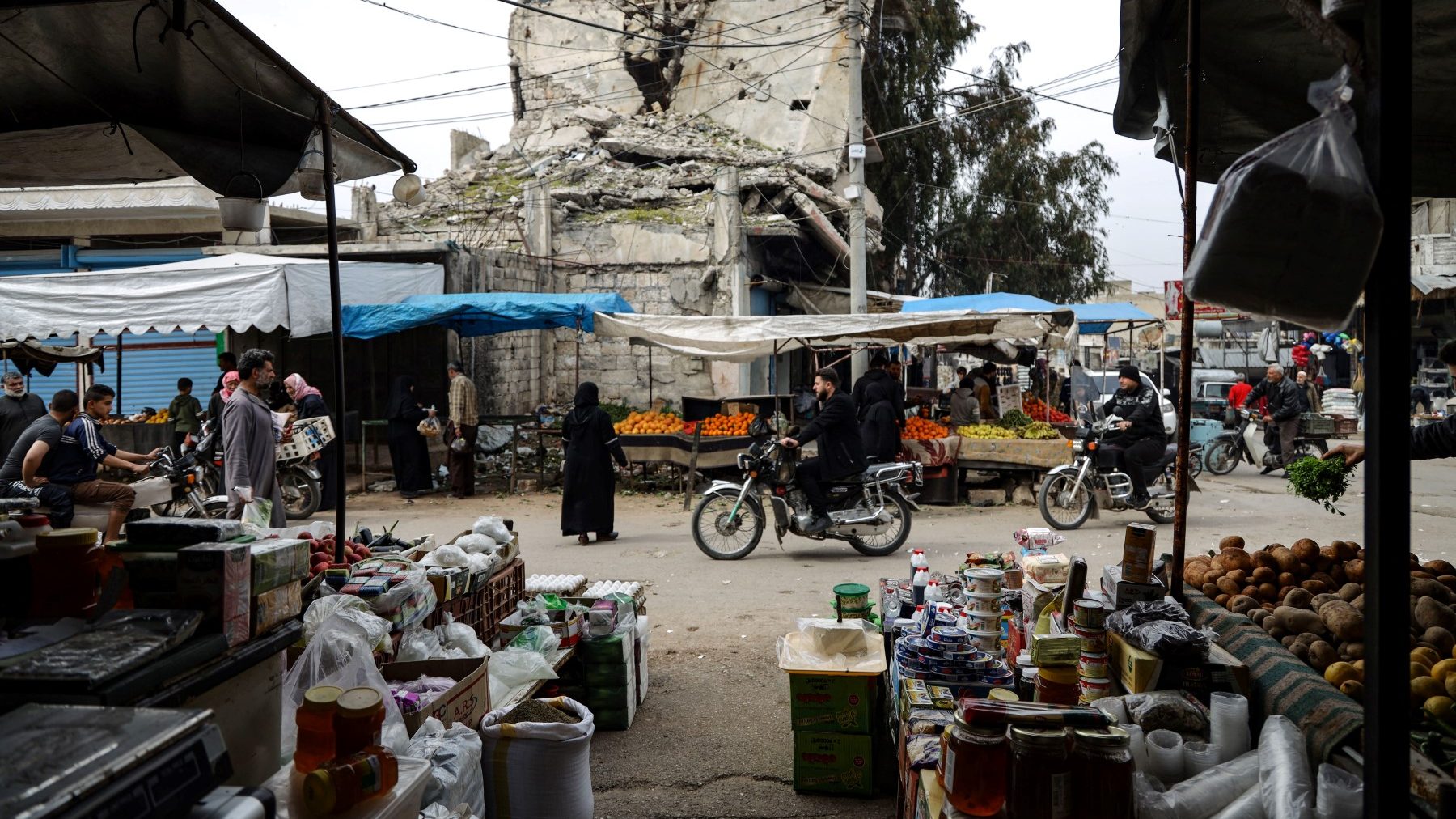Wheat prices have risen by 27 percent since the beginning of 2022, coinciding with the disruption of grain shipments to the breadbasket in the Black Sea region. The rise in geopolitical tensions between Russia and Ukraine, and the war in Ukraine have contributed to the paralysis of the agricultural chain in that region, beginning with the cultivation process to export shipments, according to al-Hal Net.
In 2021, Syria experienced the lowest wheat production rate in 50 years due to drought, high material prices, and poor economic conditions, according to a report published by the UN Food and Agriculture Organization (FAO) at the end of 2021.
Reduction of bread allowances and flimsy arguments
The Ministry of Interior Trade and Consumer Protection pre-empted the entry of Ramadan month by reducing citizens’ allowances for bread by 25 percent. It indicated that the reasons for the reduction are due to a 25 percent drop in consumption in the month of Ramadan, a decision that prevents the trade or smuggling of flour, according to local press sources.
Read Also: Fear of Hunger: it’s the Case with the “Mastourin” Today
The sources quoted bread-selling certifiers as saying that the allocations they received were not sufficient for the need of citizens in many areas, especially those who rely on bread as a major food item after prices have risen beyond the consuming capacity of citizens.
Ahmed Skanari, director of Internal Trade and Consumer Protection in Aleppo, told local press sites that the reduction decision is a measure taken periodically every year during the month of Ramadan, given the low demand for the product. Consequently, each bakery does not ask to reduce its allocations or the preservation of the same quantities, and this reduction is uniform for all bakeries, to avoid any problems, and to keep flour from trading operations if any excess of it remains.
Wheat shortage is the cause
Syria has suffered in recent years from a significant shortage of wheat, compounded by the Russian invasion of Ukraine, as Syria relies on the import of wheat and other grains from Russia at preferential prices, which had implications on the loaf of bread of the Syrian citizen.
Wheat cultivation areas in Syria have declined in 2022 compared to 2021, as it is not possible to count the estimates of wheat production for this season because it has not reached the “spiking” stage yet, but the cultivated area amounted to 1.2 million hectares, which is less than last year, when it amounted to 1.5 million hectares, according to al-Hal Net.
This article was edited by The Syrian Observer. The Syrian Observer has not verified the content of this story. Responsibility for the information and views set out in this article lies entirely with the author.


